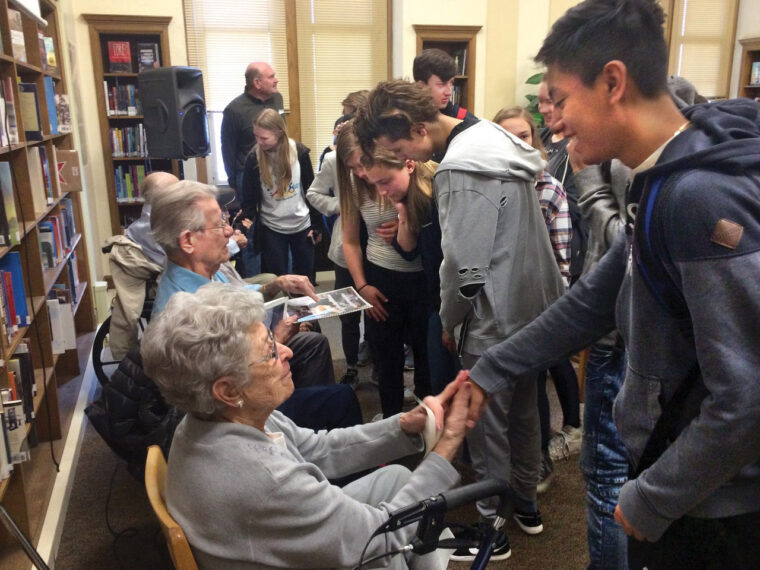
Winter 2019
WWII Quarterly, Editorial
Learning History from the History Makers
It has often been said that kids today have no interest in, or knowledge of, history. While there may be some truth in that, it is not a universal truth. Read more

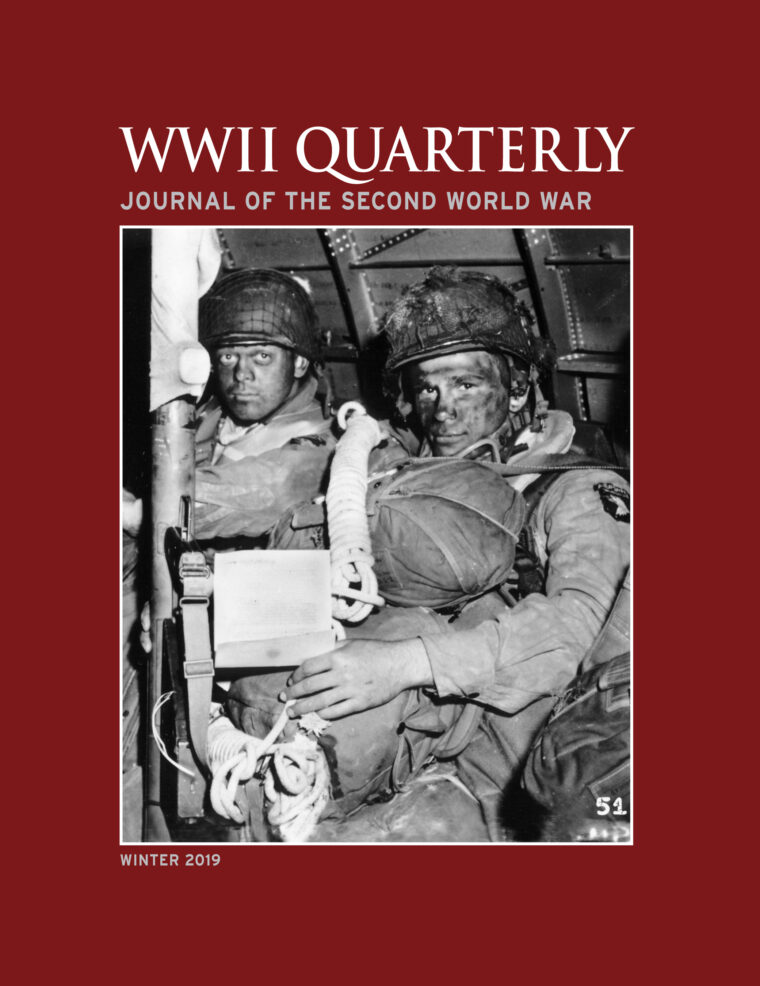
Volume 10, No. 2
COVER: Troopers from the 101st Airborne Division aboard their transport plane wait for the word to “Stand up and hook up,” on June 5, 1944.
Photo: National Archives

Winter 2019
WWII Quarterly, Editorial
It has often been said that kids today have no interest in, or knowledge of, history. While there may be some truth in that, it is not a universal truth. Read more
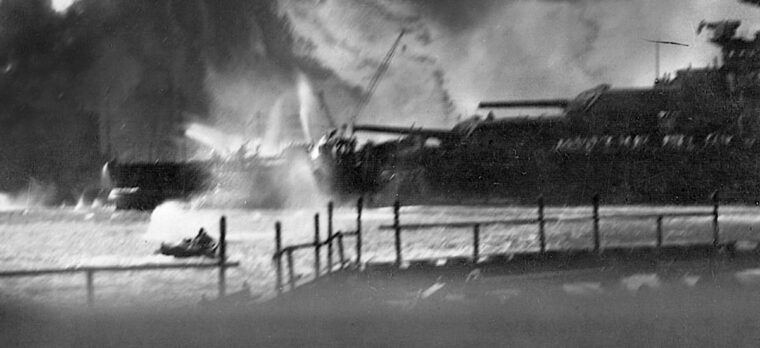
Winter 2019
WWII Quarterly
Fort MacArthur in San Pedro, California was established by the U.S. Army in 1914 as a Coast Artillery installation to defend the harbors of Long Beach and Los Angeles. Read more
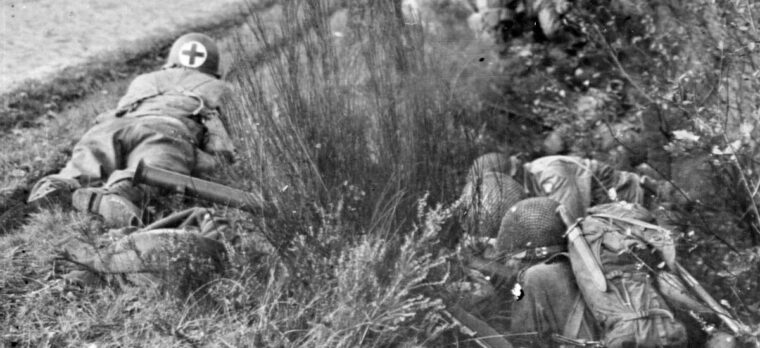
Winter 2019
WWII Quarterly
“You’re crazy to go out there!” a paratrooper shouted to medic Al Mampre as he bolted from a trench outside of the Dutch town of Eindhoven. Read more
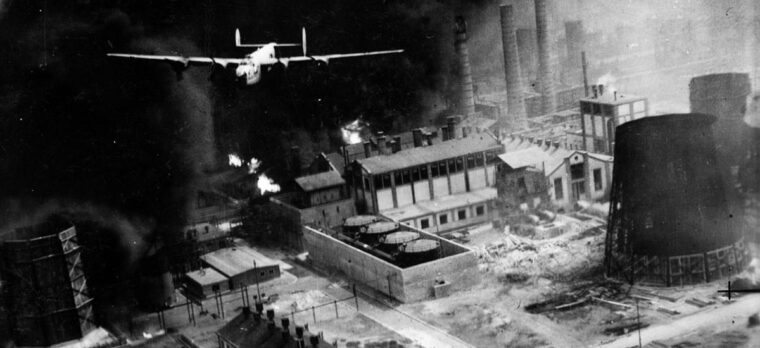
Winter 2019
WWII Quarterly
History is almost never “chiseled into stone.” The fog of time can be blown away when new information emerges. Read more

Winter 2019
WWII Quarterly
On December 10, 1944, Generalleutnant (equivalent to major general in the U.S. Army during World War II) Fritz Bayerlein was called to a meeting at Kyllburg (Eifel) to participate in a map exercise involving an advance to the Meuse River. Read more
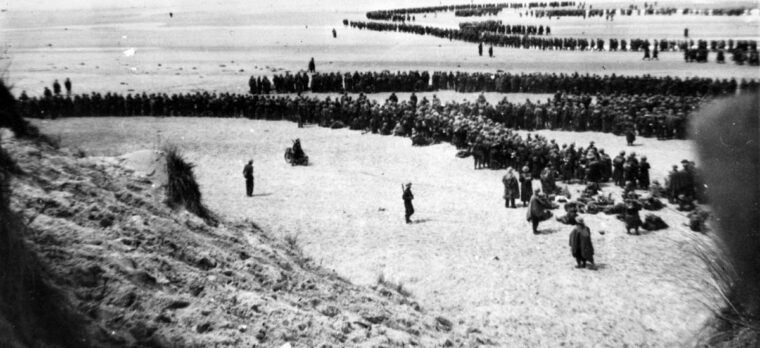
Winter 2019
WWII Quarterly
BACKSTORY: After Nazi Germany invaded Poland on September 1, 1939, Britain and France declared war on Hitler’s regime. Read more
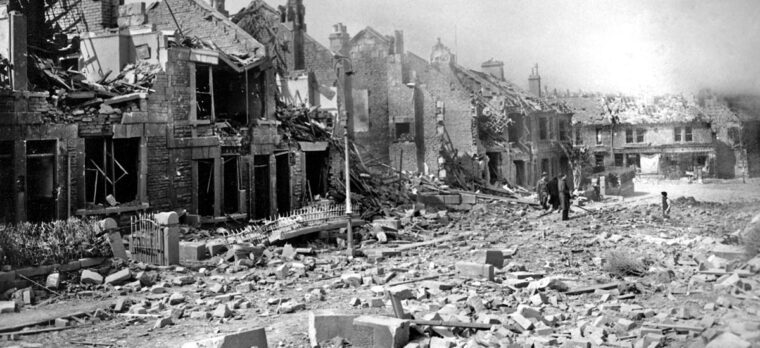
Winter 2019
WWII Quarterly
On Monday evening, April 27, 1942, Kathleen Stainer and her family readied themselves for sleep in the English countryside. Read more
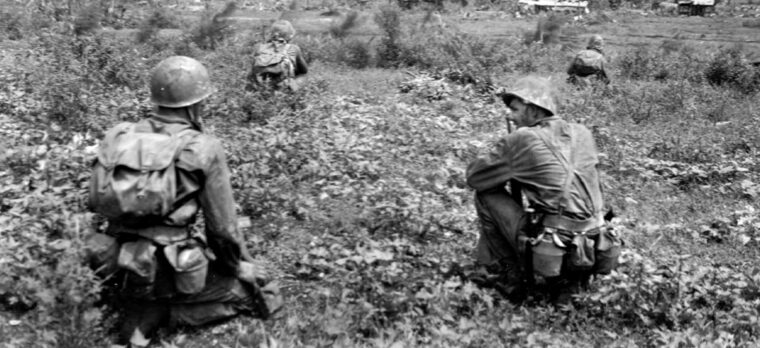
Winter 2019
WWII Quarterly
The island of Tinian is located in the Northern Marianas, three miles southwest of Saipan, 100 miles north of Guam, and 1,500 miles from mainland Japan. Read more
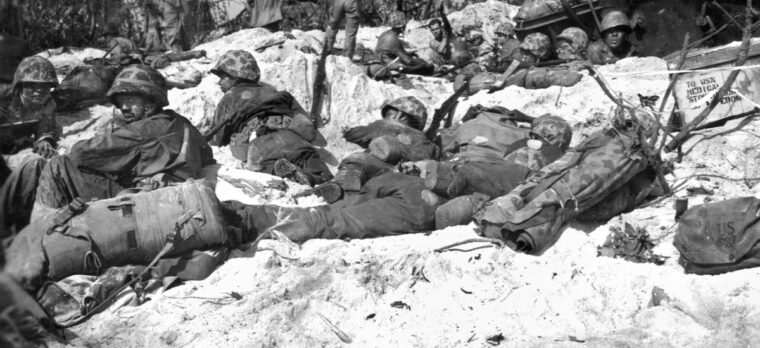
Winter 2019
WWII Quarterly
Prior to the summer of 1941, the United States Marine Corps did not want them. The Navy barely tolerated them in restricted capacities as cooks, waiters, servants for officers, and dockside stevedores. Read more
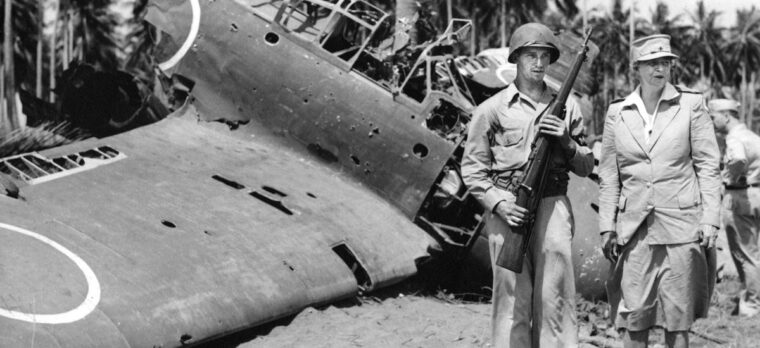
Winter 2019
WWII Quarterly
Prim, proper, and lacking any trace of braggadocio, the first lady of the United States, Eleanor Roosevelt, preferred placid pastimes and exchanging letters with close friends. Read more